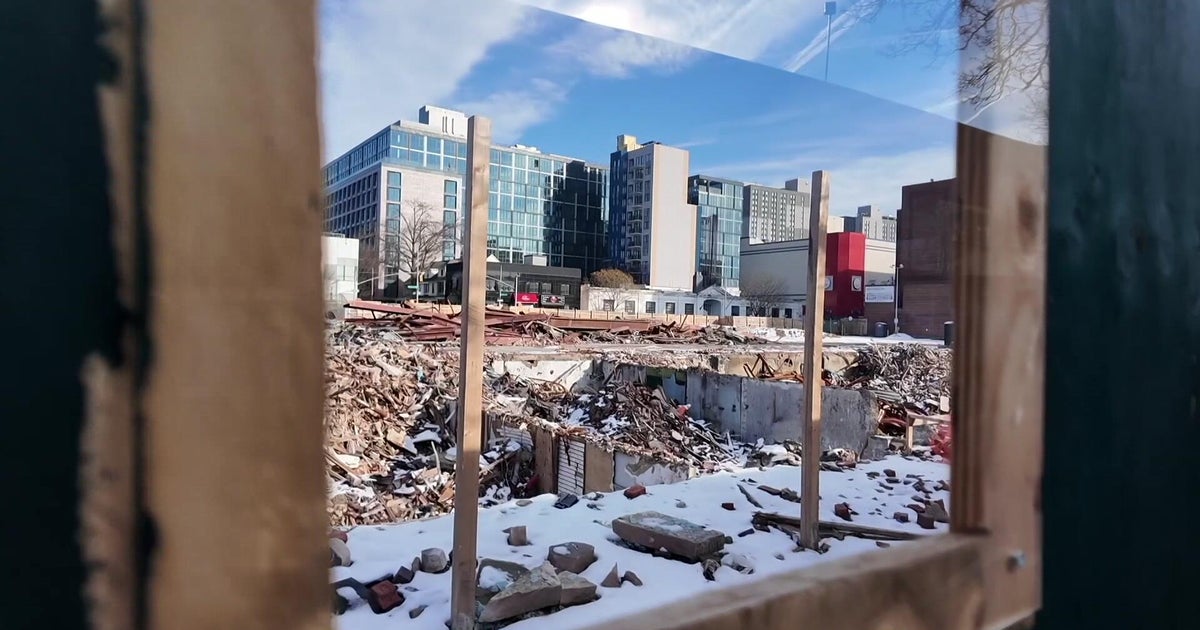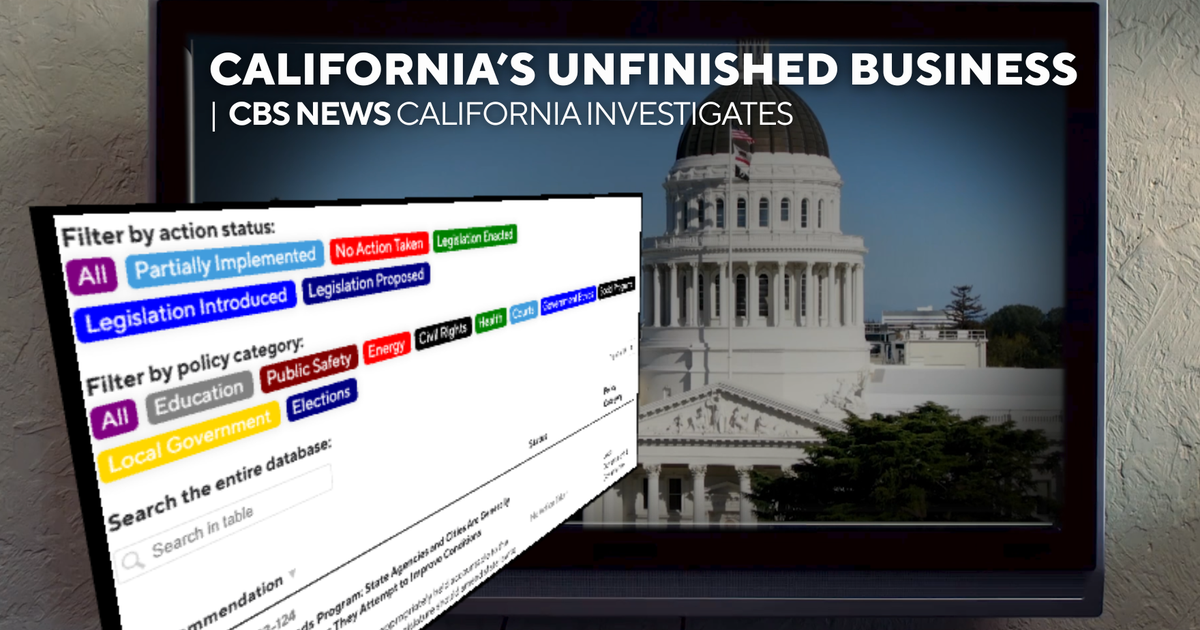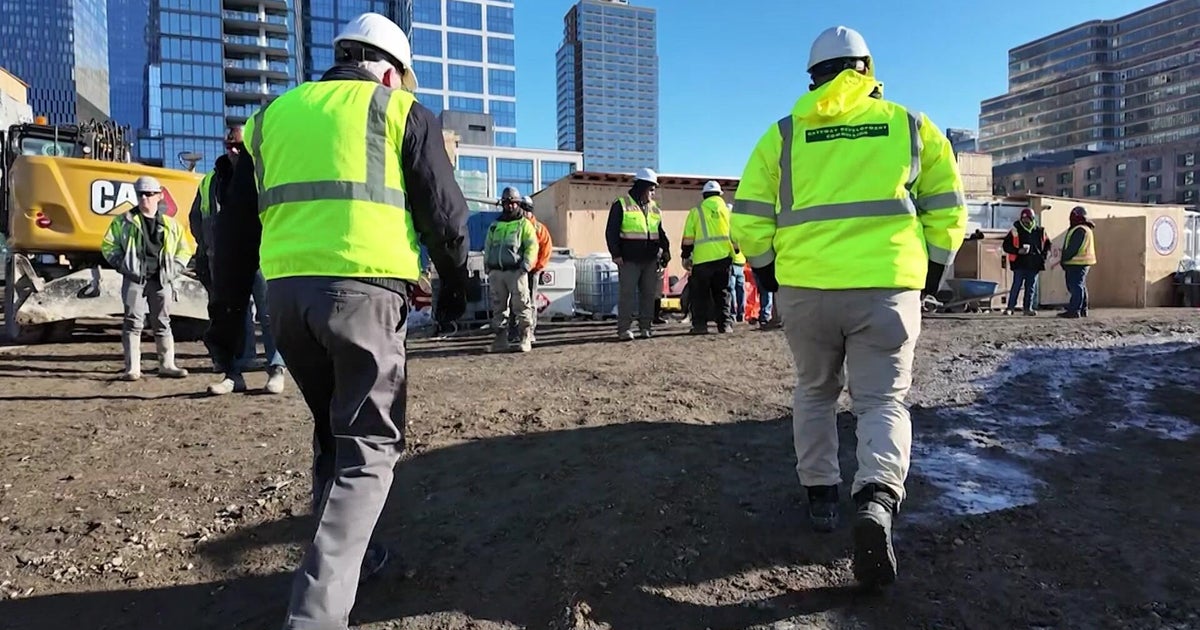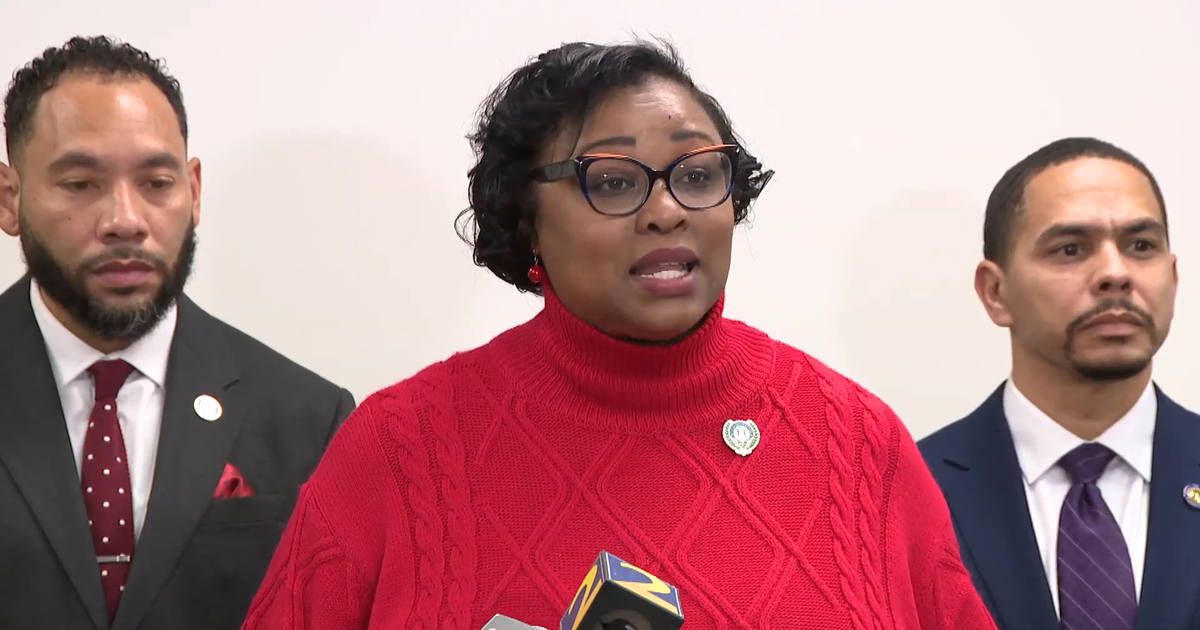The Hottest Housing Bill Explained: A Closer Look At SB50
OAKLAND (KPIX 5) -- State Senator Scott Weiner's controversial Senate Bill 50 been called the hottest housing bill of last year's legislative session and it will either live or die in the next three weeks.
If you're someone who supports SB50 or vehemently opposes it, you have at least one thing in common: you're likely entrenched in California housing policy.
"This new and improved SB50 checks every box for Californians, whether you hate being stuck in traffic, whether you need affordable housing, whether the unbelievable tragedy of homelessness scars your soul…all of these issues will be made better by SB50," Oakland Mayor Libby Schaaf said at a press conference Tuesday.
Mayor Schaaf and other supporters of SB50 were difficult to hear over protesters who drowned them out saying SB50 does little to build affordable housing.
"It's failed three times, so clearly several people think something is wrong with it," Carroll Fife said.
SB50 was introduced last legislative session and put on hold. At its core, it is a housing production bill. It encourages more development near transit and job centers and the Bay Area's big city mayors love it. Many small cities, homeowners and people who want local government to maintain zoning control don't.
"SB50 mandates upzoning near transit without taking into consideration the capacity of that transit or infrastructure needs of that neighborhood," San Francisco Supervisor Gordon Mar said.
Mar and the San Francisco Board of Supervisors largely oppose SB50. They submitted amendments on Dec. 20 that they said would need to have been made for them to support the bill--only one made Weiner's new version announced earlier this week.
Mar calls it "a trickle down housing bill for real estate lobbyists." Protesters at an event for SB50 agreed as they booed a representative for the association of realtors who supports the bill.
SB50 is sort of a microcosm of the fight over how to solve the housing crisis. Small cities want local control while big cities want smaller cities to ease the burden on them by building more housing and embracing regionalism. Mayor Schaaf talks about this regularly, saying, "Oakland cannot do this alone."
California is facing a housing shortage of nearly 3.5 million homes. To close the gap, it would need to build 180,000 homes a year, when in reality it's building closer to 100,000. The state already has annual building requirements known as the Regional Housing Needs Allocation, or RHNA. SB50 would add requirements on top of that.
Opponents of SB50 say the region is overproducing market rate housing and underproducing affordable housing--the numbers support that. San Francisco hit 100% of its goal toward building market rate housing this past year, but built less than 30% of the affordable housing it was required to create under RHNA.
Oakland built 200% of its required market rate housing goals in recent years and only 25% of the required low income units.
The bill does require large buildings of more than 350 units to include 25% of its units for affordable housing, but developers can also pay a fee to the city to avoid building those units themselves.
"When you can only build single family homes, that's a ban on affordable housing. We're opening up an enormous amount of land for affordable housing and apartment buildings," Weiner said.
The bill would allow for building on vacant land and would allow single family zones to be turned into fourplexes. New amendments would give cities two years to come up with their own way to build more--otherwise, the state would step in. Many local leaders say they feel excluded.
"If you want true partnership, you talk about this is what's changed, but to remain silent and not talk to tenant groups is a problem. It's disrespectful and disingenuous," Fife said.
"There's been a big concern about the process, how Senator Weiner has crafted the bill through closed door meetings with select stakeholders, it hasn't been done in a public way," Mar said.
SB50 must pass out of the State Senate by Jan. 31 in order to survive.







